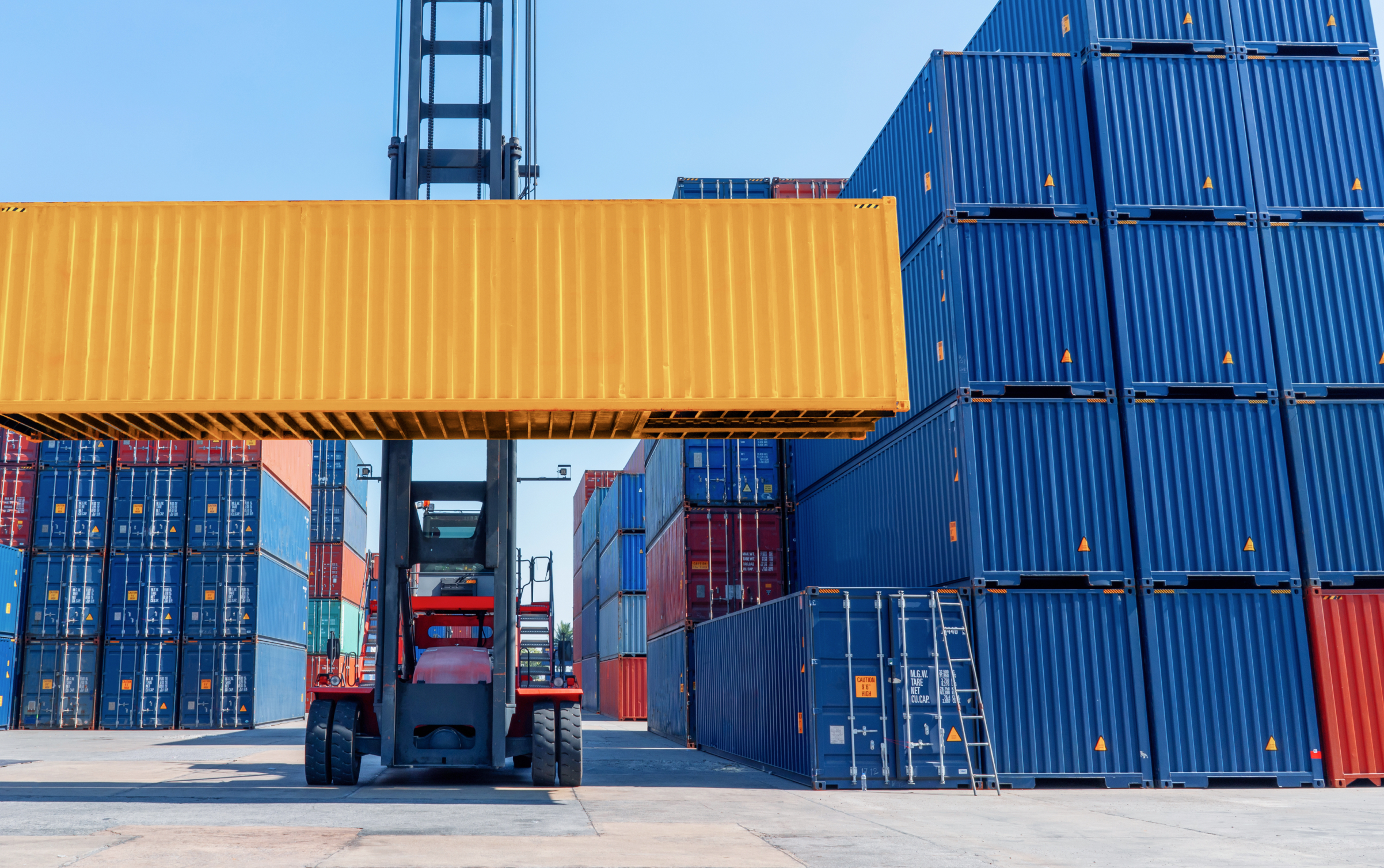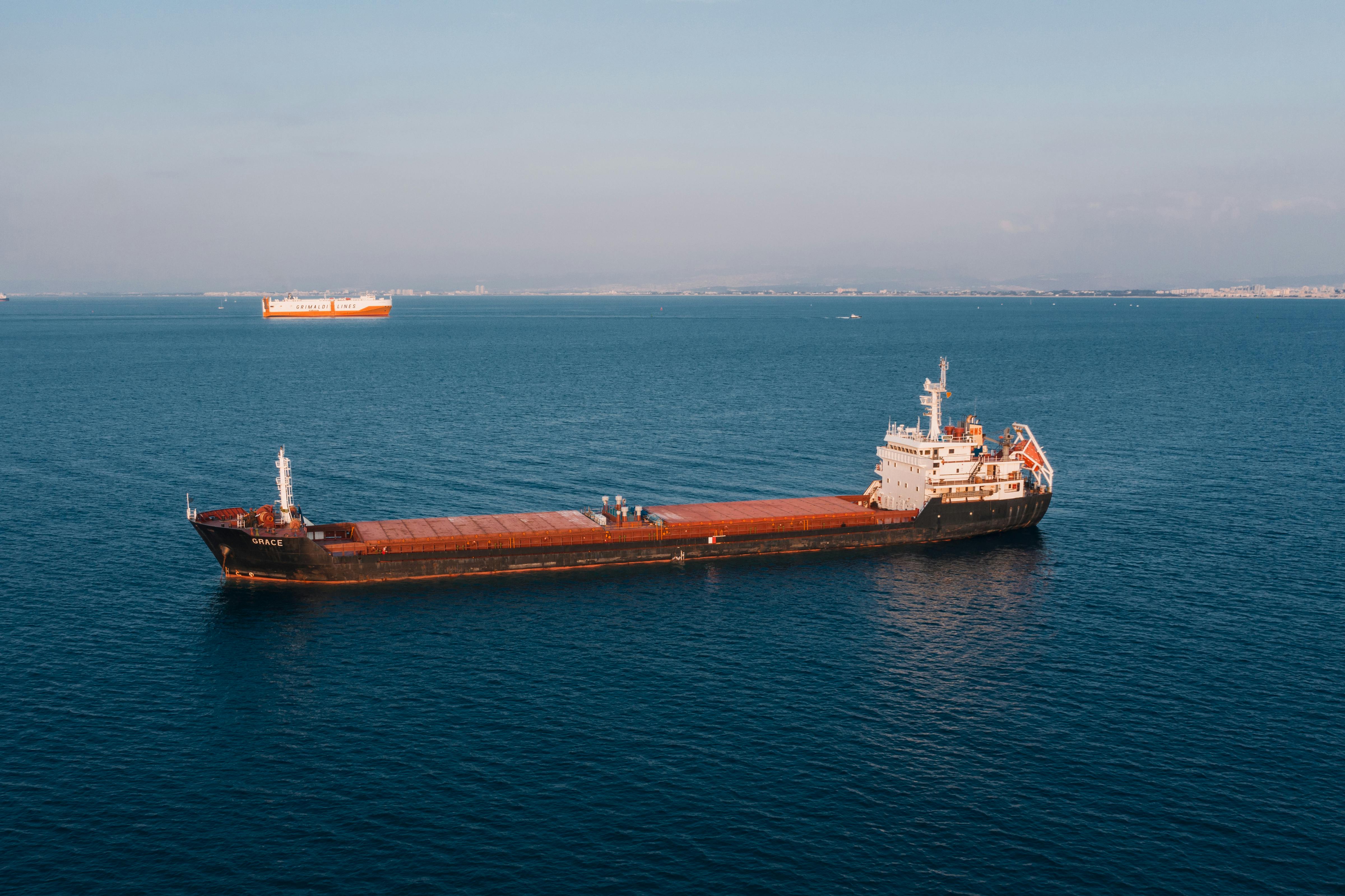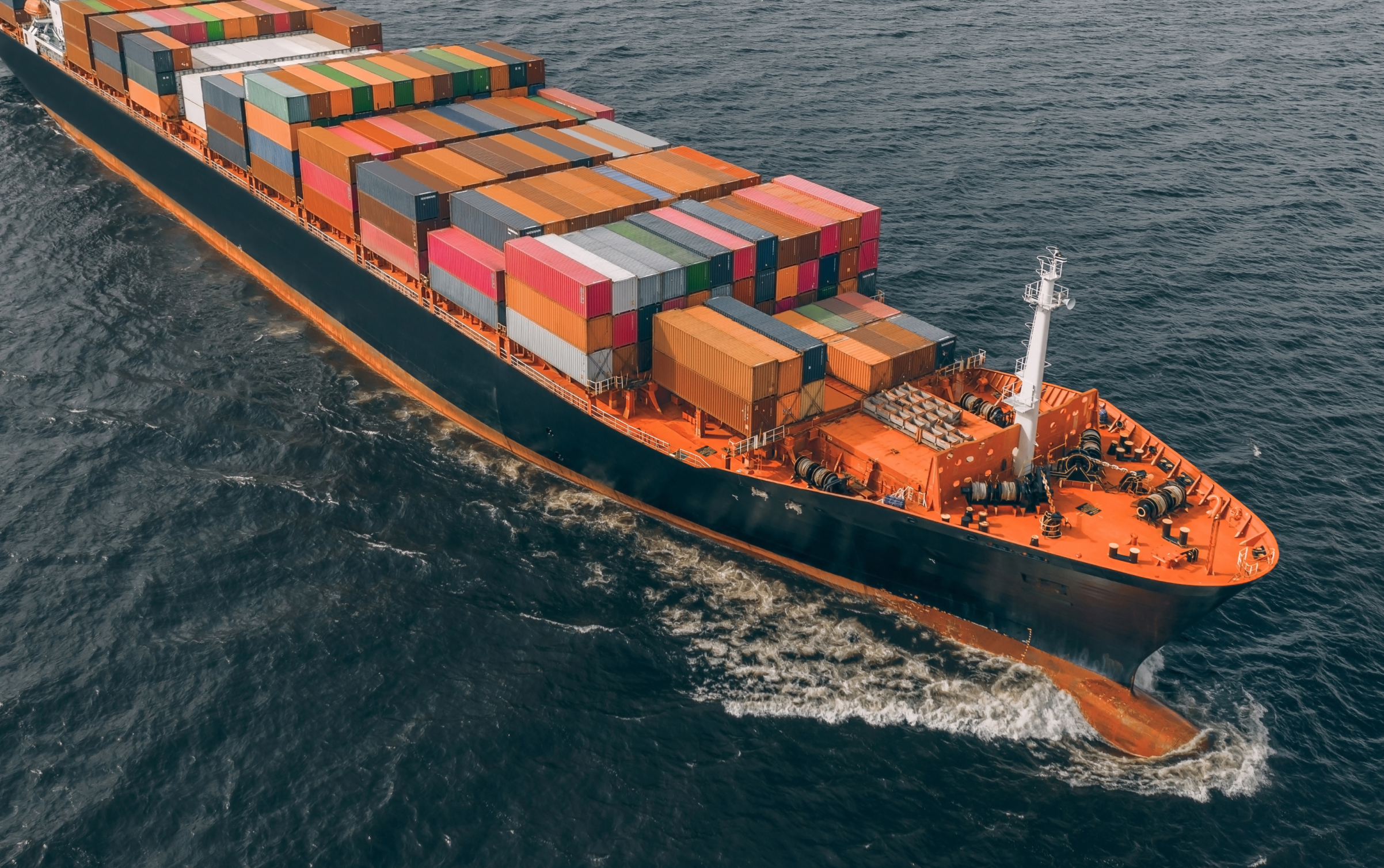LCL Shipping for Beginners: An Introductory Guide to Cost-Effective Freight

Freight can be expensive, but there are solutions that can significantly reduce these costs. LCL shipping is a prime example, offering shippers the potential to pay only for the container space their product occupies. This starkly contrasts with full container load (FCL) shipping, where shippers are forced to pay for the entire container, regardless of how much space is used.
Successfully leveraging cost-effective freight through less-than-container load (LCL) shipping is not just about the service itself but also the strategies a shipper implements. This includes various shipping options such as LCL service, expedited LCL, ocean-to-air combination, FCL to LCL mode conversion, drayage for LCL shipments, and customs brokerage services for LCL freight. In this article, we will delve into these strategies and how they can promote cost-effective shipping.
How Does Less Than Container Load Shipping Ensure Cost-Effective Freight?
LCL shipments mean paying for the product space rather than the entire container. There are generally four key ways businesses and supply chains can leverage this strategy to ensure a cost-effective shipping experience.
1. Shared Container Space
Regardless of what any shipper is transporting, carriers generally charge per container load. This presents a challenge, especially in modern trade relations. Many shippers transport freight in small quantities, many of them concurrently to several destinations. Paying for a full container will be a tricky and expensive endeavor.
By working with freight forwarders as intermediaries, shippers can 'share' excess space with other shippers, significantly reducing the price. And all they have to do is pay for the space that the product occupies.
2. Reduced Inventory Holding Cost
With LCL cargo, businesses do not have to move large quantities of shipments at once. This is especially critical for businesses operating from low-cost countries where warehousing and other solutions are not expensive.
This way, these shippers can position their businesses so that they are able to meet customers' demands anywhere in the world through LCL logistics, streamlining and reducing the cost of inventory management.
3. Flexibility and Scalability
LCL shipping allows shippers and supply chains to enhance operations through flexibility and scalability. This means businesses can serve many customers anywhere in the world while only paying for the space that the product occupies. They can scale up as they wish without worrying about the logistics burden.
In some cases, when products are going to the same location, the shipper can also package and consolidate them so that they do not take up more space than necessary, meaning more cost savings.
4. Reducing The Risk of Damages
By partnering with the right freight forwarder, businesses can ensure proper handling during consolidation and deconsolidation. This mitigates the risk of damage, and the goods are safer from other unknowns.
How to Ensure Cost-Effective Freight Through LCL Shipping
Compared to FCL shipments, LCL logistics is much more cost-friendly for businesses, but enjoying the cost-effective benefits is not a given. Shippers must follow some specific strategies to leverage LCL shipping well, and they include the following:
1. Understand The Freight Profile
Before leveraging LCL shipping, it is important to take a comprehensive audit of your shipping needs. An audit entails checking for the product's size, weight, time sensitivity, and nature. Beyond a certain size, the freight will only be moved through shipping FCL. The same applies to the weight and nature of the product. Typically, businesses shipping fragile or sensitive products such as food and beverages, pharmaceutical products, and chemicals will leverage FCL shipping to better control the entire process.
When the shipper can determine the freight profile, they can decide which shipping solution to leverage, which freight forwarder to use, and how much of the product they want to ship using the same solution.
2. Optimize Packaging
LCL cargo will typically require proper packaging because of its exposure to consolidation and deconsolidation processes. Optimizing the packaging ensures that the goods are properly protected and labeled to avoid and mitigate risks such as damages and loss of goods. Consider using cartons, pallets, cushions, and other safe securement tools when packaging. It is also important to ensure that there is not much space in the cartons, as this can cause the cargo to fall during the movement of the container.
The entire freight process is mostly out of the shipper's hands. However, with proper packaging, LCL freight will arrive at its destination with minimal or zero complaints regarding damages and loss. The more fragile the item, the more optimized and secured the packaging should be.
3. Leverage Technology
Technology is the bedrock of modern supply chains and plays a significant role in the LCL shipping process for shippers, freight forwarders, carriers, and other stakeholders involved. For shippers, leveraging technology during the LCL logistics process will entail using relevant solutions for tracking, demand forecasting, planning, and scheduling, among many others. This way, the shipper has much more control over the entire LCL shipping process.
Beyond tracking and other supply chain activities, one critical aspect of LCL shipping that the business cannot do without is documentation, which has been prone to errors over the years. Technology solutions like Silq’s workflow solutions make documentation seamless and error-free in your LCL shipping operation.
4. Leverage Freight Forwarders
Freight forwarders are the link between shippers and carriers. For LCL shipping, they are the ones that will ensure effective consolidation and deconsolidation of the entire process, find the best carriers for the operation, provide tracking solutions, manage documentation, and oversee the entire shipping operation.
However, finding the right freight forwarders can be challenging. Choosing the right freight forwarding business depends on criteria such as experience, expertise, reach, resources, and tech adaptation.
5. Prioritize Sustainability
Logistics operations are responsible for a significant portion of greenhouse gas emissions. Considering how critical this is to customers and regulators, it is a no-brainer that finding ways to reduce emissions becomes a priority in supply chain management. Prioritizing sustainability means ensuring logistics and shipping partners are sustainability-conscious and taking active steps to reduce these emissions from the freight forwarding business to the carriers.
How Silq Streamlines the LCL Shipping Process for Beginners
LCL shipping can take your business from a local store to a global powerhouse. And that is what Silq specializes in. At Silq, you have a freight forwarding platform that streamlines your entire LCL shipping process, whether it is through air freight or ocean freight. We take care of your shipments from the original container freight station to its final destination, ensuring effective and seamless consolidation and deconsolidation.
Want an LCL shipping with ample experience, expertise, and technical know-how? Get started today.
Ready for Supply Chain Predictability?
Importers using Silq ship smarter, safer, and with total control.







